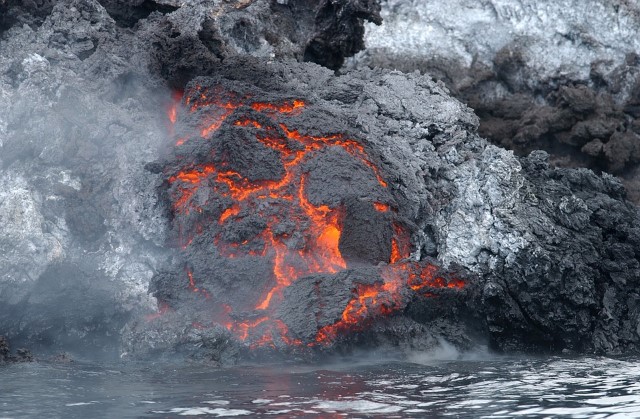Few things in life feel as satisfying as a hot shower—especially after a long day or a cold winter morning. It’s one of those small luxuries that makes home feel like home. But while hot showers are a daily comfort for many, they also come with hidden costs and maintenance needs that homeowners should understand.
Let’s take a closer look at what goes into delivering that steamy stream of bliss—and how you can enjoy it without draining your energy bill or damaging your home.
The Real Cost of a Hot Shower
You might not think twice about hopping in the shower, but every minute under that hot water adds up. Consider this:
- The average shower lasts 8 minutes and uses about 2 gallons of water per minute
- That’s 16 gallons per shower
- Heating water typically accounts for 15–20% of a home’s energy bill
Multiply that across family members and daily use, and the numbers get big fast. It’s not just about water usage—it’s the energy used to heat the water that really drives up the cost.
Water Heaters: The Heart of the Hot Shower
Most homes use a traditional tank water heater, which stores and heats 40–80 gallons of water at a time. These heaters can be electric, gas, or propane-powered. If yours is older than 10–12 years, it may be operating inefficiently and costing you more than necessary.
Tankless water heaters, though more expensive upfront, only heat water as needed and are more energy-efficient. For homeowners who take frequent or long showers, this can mean serious savings over time.
Signs Your Hot Water System Needs Attention
- Inconsistent water temperature
- Takes too long to heat up
- Rust-colored water or strange odors
- Unusual noises from the tank
- Higher utility bills with no clear cause
These are all clues that your system might need repair, flushing, or replacement.
Preventing Moisture Damage
Hot showers produce steam, and steam means moisture—which, if unmanaged, can lead to mold, mildew, and long-term damage to walls, ceilings, and paint.
To protect your home:
- Use a ventilation fan during and after showers
- Keep bathroom doors slightly open when possible
- Wipe down surfaces prone to condensation
- Check caulking and grout regularly to prevent water seepage
Eco-Friendly Hot Shower Habits
If you want to keep your hot showers guilt-free, here are a few homeowner-friendly tips:
- Install a low-flow showerhead: Cuts water usage without sacrificing pressure.
- Set your water heater to 120°F: Safe, effective, and energy-saving.
- Take shorter showers: Even shaving off 2–3 minutes can save thousands of gallons per year.
- Consider a timer for kids or teens: A smart way to manage water usage without constant reminders.
When to Upgrade
If your water heater is nearing the end of its lifespan or you’re planning a bathroom remodel, it’s the perfect time to consider an upgrade. Look for Energy Star-certified models and talk to a plumber about options that suit your household’s needs and habits.
Final Thoughts
A hot shower may feel like a simple pleasure, but behind the scenes, it’s a system that requires energy, water, and maintenance. As a homeowner, keeping an eye on your water heating setup—and how you use it—can go a long way toward reducing utility costs, protecting your home, and making sure your mornings stay warm and relaxing.
So go ahead—enjoy your hot shower. Just make sure your home is set up to enjoy it too.

